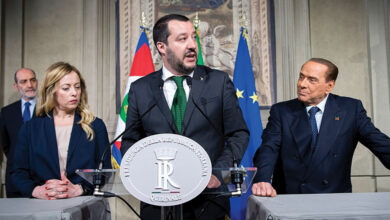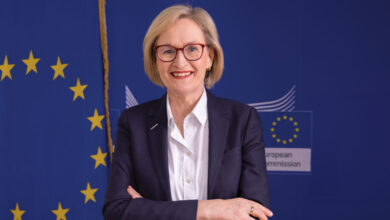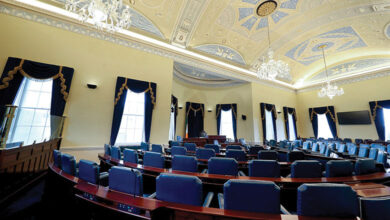Regulating lobbying
 Peter Cheney sums up the Government’s plans and the industry’s response.
Peter Cheney sums up the Government’s plans and the industry’s response.
“Who is lobbying whom on what?” is the key question that Minister for Public Expenditure and Reform Brendan Howlin wants the proposed register of lobbyists to answer, yet few people in Irish public life volunteer for the title. “No one, it seems, wants to be associated with the label,” Irish Times reporter Carl O’Brien wrote when he explored the sector. “The very word is tainted, conjuring up sinister images of brown envelopes, undue influence and unethical decision-making.”
Advocacy, consulting and public affairs are mainly preferred, although all of these professionals (and indeed others) are undertaking lobbying. A draft definition from the Department of Public Expenditure and Reform describes this as “any communication, or the planning or organisation of any communication, with designated public officials or office-holders on specific policy, legislative matters or prospective decisions, by remunerated individuals.” This therefore excludes regular correspondence and meetings between constituents and their elected representatives.
Pressure for regulation has been building since it was proposed in the Mahon Tribunal’s final report, although commitments had already been made in the Programme for Government, and indeed the previous Government’s programme in 2009. Mahon, though, also observed that lobbyists “served an invaluable function in democratic governance” by providing information and expertise to officials and representing interests “that may be adversely and unintentionally impacted by a poorly deliberated public policy.”
Launching the Public Service Reform Plan last November, Minister Howlin stated that the relevant legislation would be drawn up in 2012. A Bill is now expected in early 2013 after the call of evidence revealed that the issue was more complex than expected.
The Public Relations Consultants Association (PRCA) affirmed its support for a register provided that it was all-encompassing. Otherwise, it would put professional lobbyists at a disadvantage compared to others under less scrutiny e.g. NGOs lobbying in health, education and social welfare.
A register of lobbying, the association contended, would be a more accurate description as this would cover advocacy staff and academics, lawyers and accountants engaged in lobbying. The PRCA questions the need for an exemption for legal privilege, as the legal profession could use that to avoid scrutiny. It also wants to limit any international relations exemption so that trade bodies, NGOs and multi-nationals are open about their operations. No officials, it emphasised, should be named as public disclosure could deter civil servants and ministers from meeting third parties.
The Public Relations Institute of Ireland (PRII) was more forthright, pointing out that Mahon’s investigation implicated one lobbyist for alleged criminal activity. “All of the other parties were public representatives at a national and local level, public officials and commercial interests,” it noted.
Introducing a register, in its view, would be “potentially impotent or irrelevant” without action on bribery, corruption in public office or conflicts of interest. Rather than looking back at Mahon, whose remit covered the 1990s, the PRII sought answers on how decisions were made “behind closed doors and without apparent pursuit of due process” during the bail-out and Nama’s establishment.
The Department of Foreign Affairs and Trade has also warned that “undesirable/extremist foreign groups” with a presence in the State may seek to join the register as it would give them more credibility.
Under the Government’s plans, published in July, lobbyists (from all sectors) would disclose the date and nature of all contacts with TDs and senior civil servants on a register held by an independent body, possibly the Standards in Public Office Commission or the Office of the Information Commissioner. Exemptions will be available if the information is commercially sensitive, involves contact with foreign governments or international organisations, strictly falls under legal or other privilege, is on the public record, affects personal safety, or is made in response to a request for information.
Work on drafting the heads of the Bill is continuing and interested groups and individuals can contact the department’s Government Reform Unit with their views and comments.





